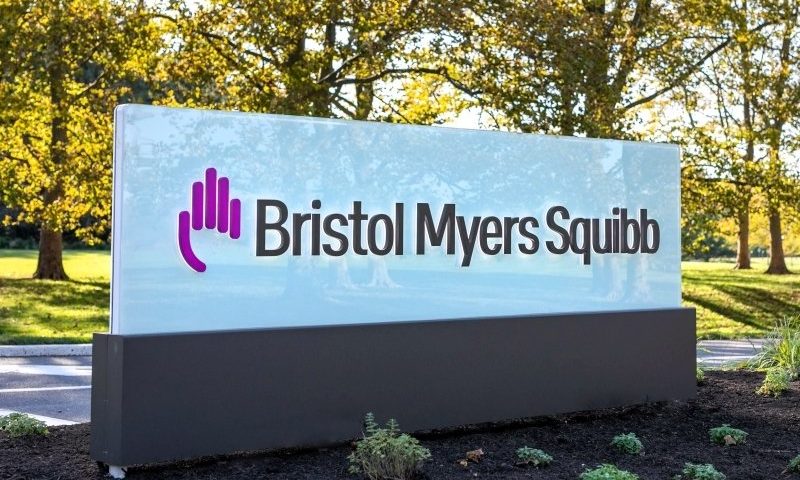Bristol Myers Squibb is doubling down on Immatics with $150 million upfront to get access to a preclinical bispecific targeting solid tumors.
This will be the pair’s second collaboration, technically speaking. Immatics inked a deal with Celgene in August 2019 prior to its acquisition by BMS. That collaboration is focused on T-cell therapies for solid tumors and is still in the preclinical phase.
Now, BMS is putting up $150 million and could dole out up to another $770 million in biobucks to the German biotech to license, develop and commercialize a T cell-redirecting, or TCR, bispecific, the companies said Tuesday. Immatics asked German regulators last month to approve a clinical trial of the drug, dubbed IMA401, in various solid tumors that is slated to begin in the first half of next year.
Immatics retains the option to co-fund U.S. development of IMA401 in return for enhanced U.S. royalty payments and/or will co-promote the medicine in the U.S.
The bispecific, as its name suggests, has two core goals: One binding region targets melanoma-associated antigen 4 and/or 8 (MAGEA4/8), and the other region aims to engage and activate T cells. MAGEA4/8 is prevalent in a slate of solid tumors across the lungs, head and neck, bladder and uterus, among other areas of the body.
IMA401 is the most advanced therapy in Immatics’ TCR bispecific pipeline, the biotech said. These therapies have a “cell therapy-like efficacy in an off-the-shelf platform,” according to BMS’ Teri Foy, Ph.D., senior vice president of research and early development for immuno-oncology and cell therapy.
In preclinical studies, IMA401 showed anti-tumor activity, according to Immatics. Under the deal, the two companies will collaborate on clinical development.
The Big Pharma tie-up comes a month after Immatics released data on the TCR-engineered cell therapy IMA203 that showed responses in 50% of heavily pretreated patients. But many patients saw their cancer come back within weeks, which means Immatics need to improve durability to have a shot at the market.

